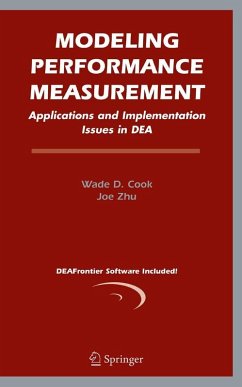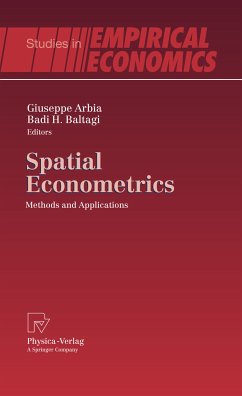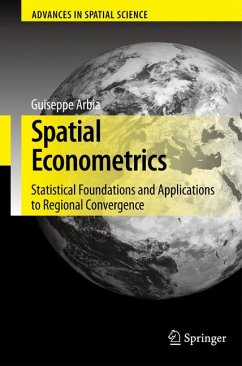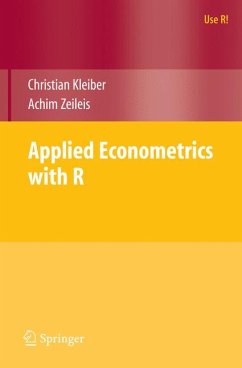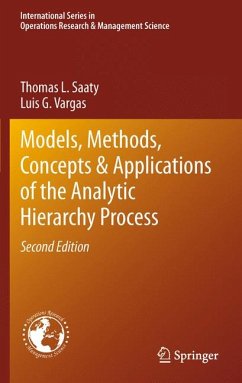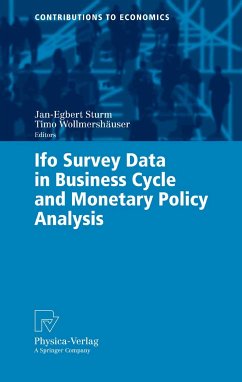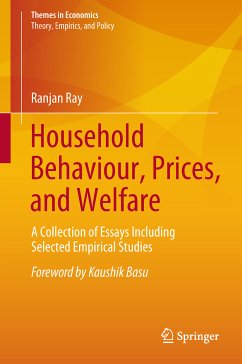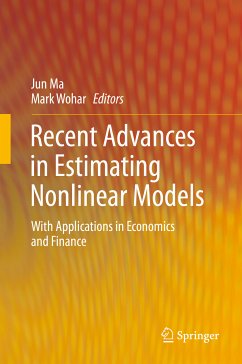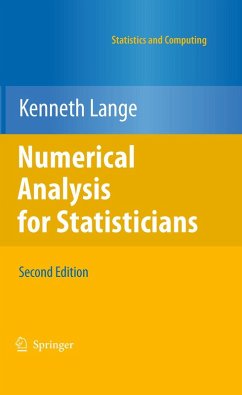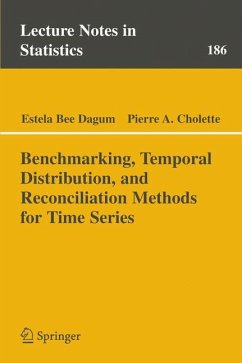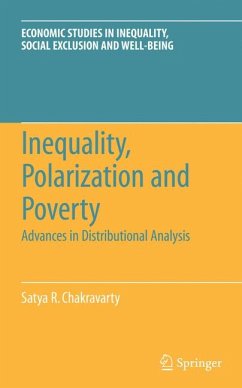
Inequality, Polarization and Poverty (eBook, PDF)
Advances in Distributional Analysis
Versandkostenfrei!
Sofort per Download lieferbar
72,95 €
inkl. MwSt.
Weitere Ausgaben:

PAYBACK Punkte
36 °P sammeln!
This book provides a synthesis of some recent issues and an up-to-date treatment of some of the major important issues in distributional analysis that I have covered in my previous book Ethical Social Index Numbers, which was widely accepted by students, teachers, researchers and practitioners in the area. Wide coverage of on-going and advanced topics and their analytical, articulate and authoritative p- sentation make the book theoretically and methodologically quite contemporary and inclusive, and highly responsive to the practical problems of recent concern. Since many countries of the worl...
This book provides a synthesis of some recent issues and an up-to-date treatment of some of the major important issues in distributional analysis that I have covered in my previous book Ethical Social Index Numbers, which was widely accepted by students, teachers, researchers and practitioners in the area. Wide coverage of on-going and advanced topics and their analytical, articulate and authoritative p- sentation make the book theoretically and methodologically quite contemporary and inclusive, and highly responsive to the practical problems of recent concern. Since many countries of the world are still characterized by high levels of income inequality, Chap. 1 analyzes the problems of income inequality measurement in detail. Poverty alleviation is an overriding goal of development and social policy. To formulate antipoverty policies, research on poverty has mostly focused on inco- based indices. In view of this, a substantive analysis of income-based poverty has been presented in Chap. 2. The subject of Chap. 3 is people's perception about income inequality in terms of deprivation. Since polarization is of current concern to analysts and social decisi- makers, a discussion on polarization is presented in Chap. 4.
Dieser Download kann aus rechtlichen Gründen nur mit Rechnungsadresse in A, B, BG, CY, CZ, D, DK, EW, E, FIN, F, GR, HR, H, IRL, I, LT, L, LR, M, NL, PL, P, R, S, SLO, SK ausgeliefert werden.



